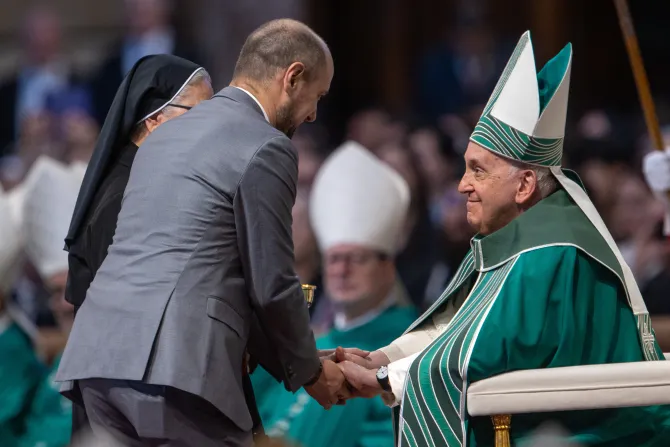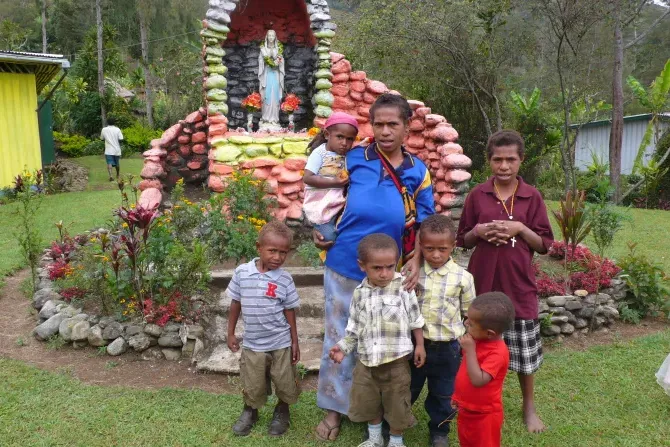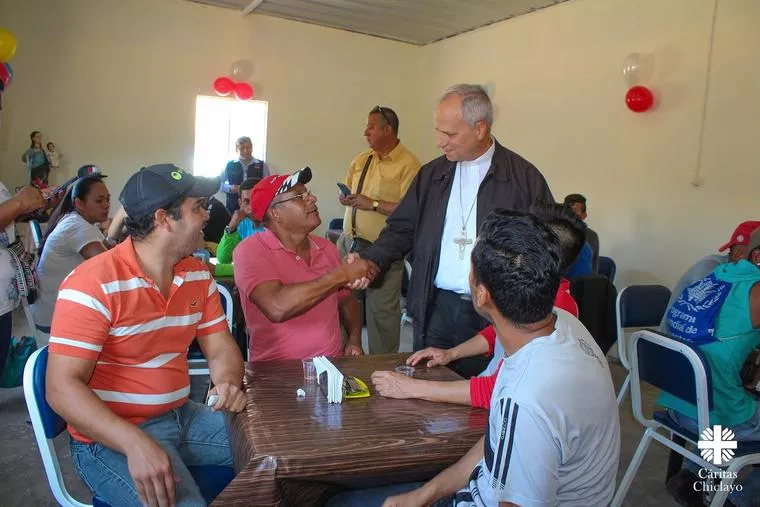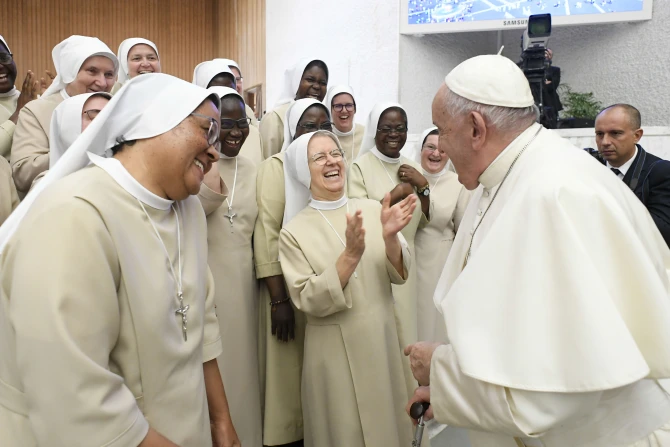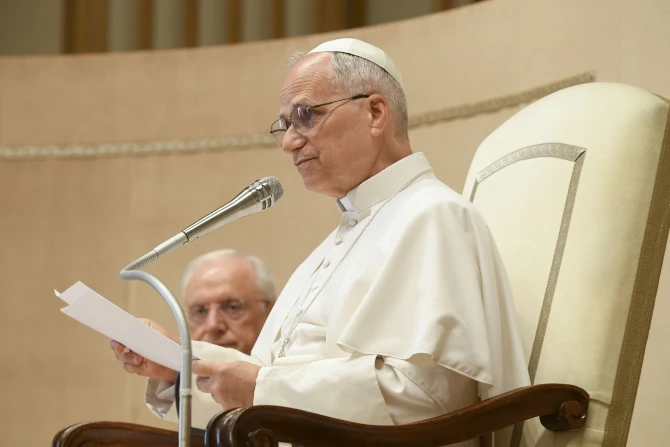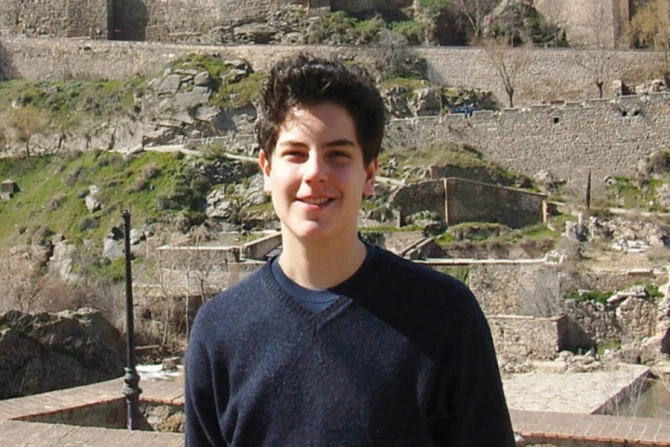Now that the Synod on Synodality has drawn to a close, all eyes are on the synthesis report emanating from the monthlong ecclesiastical gathering.
The acronym LGBTQ is notably absent, the question of a female diaconate received the lowest vote, and even the somewhat broad paragraph on controversial topics equating sexual identity and euthanasia lacks substantial consensus. Although all the paragraphs of the summary document from the first stage of the 2023 synod were approved with a two-thirds majority, it’s evident that the points lacking consensus stand out.
Cardinal Jean-Claude Hollerich, the relator general of the synod, highlighted in a press conference on Oct. 28 that “some issues were expected to encounter more opposition. The surprising part is that many voted in favor, indicating the resistance wasn’t as significant as anticipated.” The cardinal’s words reveal a robust and unyielding debate, hinting at a desire for change, especially when the narrative throughout the synod revolved around “seeking communion.”
Those words also resonate with the fears of Cardinal Joseph Zen, bishop emeritus of Hong Kong, who, after having signed the last letter of the dubia sent to Pope Francis, also sent a letter to synod fathers highlighting the risk of pressure for a change in doctrine and above all denouncing the general secretariat of the synod as “very effective in the art of manipulation.”
Zen’s letter and the publication of the dubia of the five cardinals fell on fertile ground. From the final document, ultimately called to balance all positions, it emerges that the concerns raised are the concerns of many bishops. Many voted yes with the thought of being able to fix things in the final document, wanting to avoid debate. Those who voted no did so with the awareness of facing a tough cultural battle in the coming months.
The news, however, is that there will be no new continental stages, as previously thought. The road map that is emerging does not provide for further meetings of continents and documents, and this perhaps helps the general secretariat of the synod, which risks finding new documents with new dubia given the next leg of the synod, which promises to be heated.
Spot the differences
The 1,251 proposed amendments to the 40-page text essentially meant a call for a complete rewrite from the synod fathers. From the first to the final draft, many terms were revised. The reference to LGBTQ vanished, initially replaced by “sexual identity” and eventually by “gender identity” as a compromise.
Also scrapped was the suggestion for accountability of pontifical representatives by local bishops, which could have significantly altered roles, placing the pope under bishops’ oversight. Instead, the text mentions renewing the procedures for bishop selection with greater engagement and listening — a practice already in place, albeit with varying emphasis depending on the nuncios and their operations.
The suggestion for a synod council to assist the pope in Church governance also disappeared, supplanted by a proposal to reform the Council of Cardinals synodally. Likely, someone observed the redundancy in adding structures atop existing ones.
Ecumenism and mission
The stress on ecumenical dialogue remains unchanged, though not without differing opinions. The idea of a new way to exercise the Petrine ministry, previously touched upon by St. John Paul II, continues to hold a place in the discourse.
Archbishop Gintaras Grušas’ homily on Oct. 18, commemorating St. Luke, was well-received during the synod.
Grušas, head of the Council of European Bishops’ Conferences, stressed: “While discussing necessary processes, structures, and institutions for a missionary synodal Church, we must ensure they aid the mission of spreading the good news to those in need of salvation. Synodality, including its structures and gatherings, must serve the Church’s evangelization mission and not become an end unto itself.”
This sentiment about not making synodality an end in itself was a recurring thread in discussions both outside and inside the synod hall. How do we harmonize bishops’ authority with synodality? How do we find a balance between listening and teaching, mercy and doctrine?
This article was originally published on Catholic News Agency.

